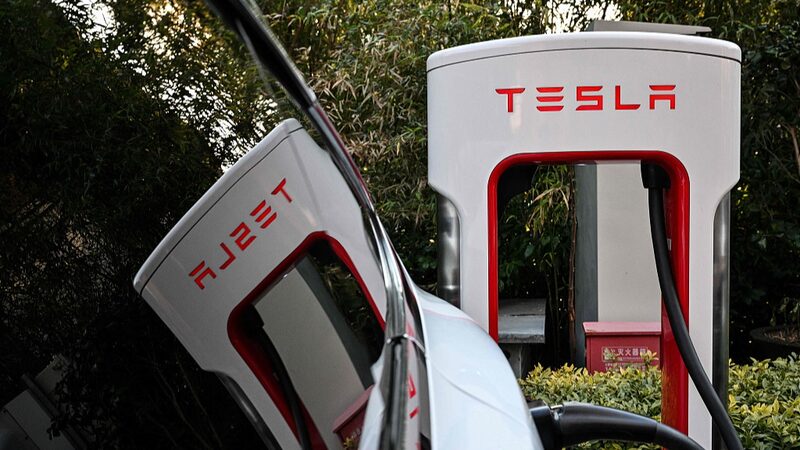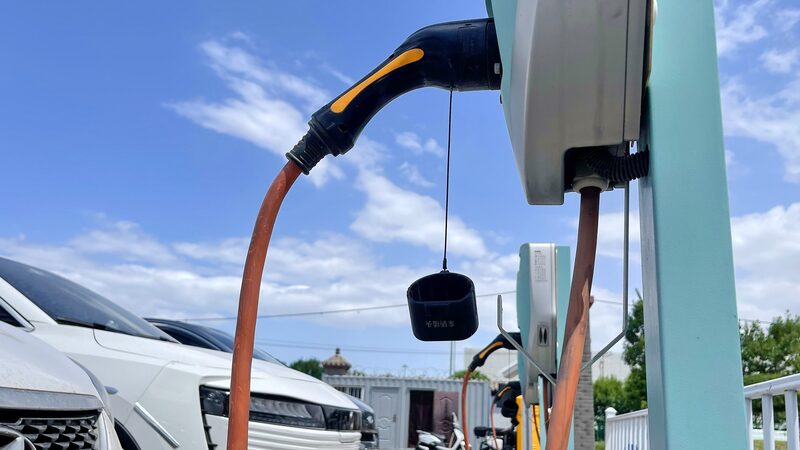Driving Innovation Through Collaboration
China and Germany, two of the world’s leading economies, are strengthening their partnership in science and technology. This alliance is propelling innovation across various sectors, benefiting both nations and contributing to global technological advancement.
Joint Research Initiatives Fuel Progress
At the heart of this partnership are joint research projects that push the boundaries of technology. A notable example is the collaboration between German automobile manufacturer BMW and Chinese battery giant Contemporary Amperex Technology Co., Limited (CATL). Together, they are developing next-generation battery technology essential for the future of electric vehicles. Other renowned German automotive brands are also partnering with China’s new-energy supply chain to enhance their competitiveness in the global market.
In the field of life sciences, the Max Planck Society and the Chinese Academy of Sciences have established a dedicated research center focusing on challenges such as neurodegenerative diseases. This long-standing collaboration exemplifies the deep-rooted commitment of both countries to address critical global health issues through science.
Fostering Talent Through Exchange Programs
Talent exchange is a cornerstone of the China-Germany partnership. The Chinese Academy of Sciences and the German Academic Exchange Service (DAAD) offer fellowships that enable students and researchers to study and conduct research in each other’s countries. Additionally, the European Research Council and China’s National Natural Science Foundation have partnered to fund joint research projects, fostering collaboration among individual researchers on an international scale.
Industrial Parks as Hubs of Innovation
Beyond research institutions, China and Germany have established joint industrial parks to bridge the gap between innovation and industry. The Sino-German Ecopark in Qingdao City, located in east China’s Shandong Province, attracts companies from both nations working on sustainable technologies and environmentally friendly solutions. Similarly, an international business zone in Erfurt, Germany, serves as a hub for Chinese high-tech and logistics firms, facilitating technology transfers and joint ventures that drive innovation.
Collaborating on Industry 4.0
The two countries are also collaborating on Industry 4.0, the fourth industrial revolution, aiming to shape the future of manufacturing through software and automation. By working together to establish common standards for data exchange and interconnectivity within Industry 4.0 systems, China and Germany are laying the groundwork for enhanced global collaboration in advanced manufacturing.
Looking Ahead
With German Chancellor Olaf Scholz’s recent trip to China, both countries are expected to announce further collaborations in science and technology. These developments signal a continued commitment to joint innovation, promising advancements that will have a lasting impact on global economic and technological landscapes.
Reference(s):
China and Germany: Powerhouse partners in science and technology
cgtn.com








